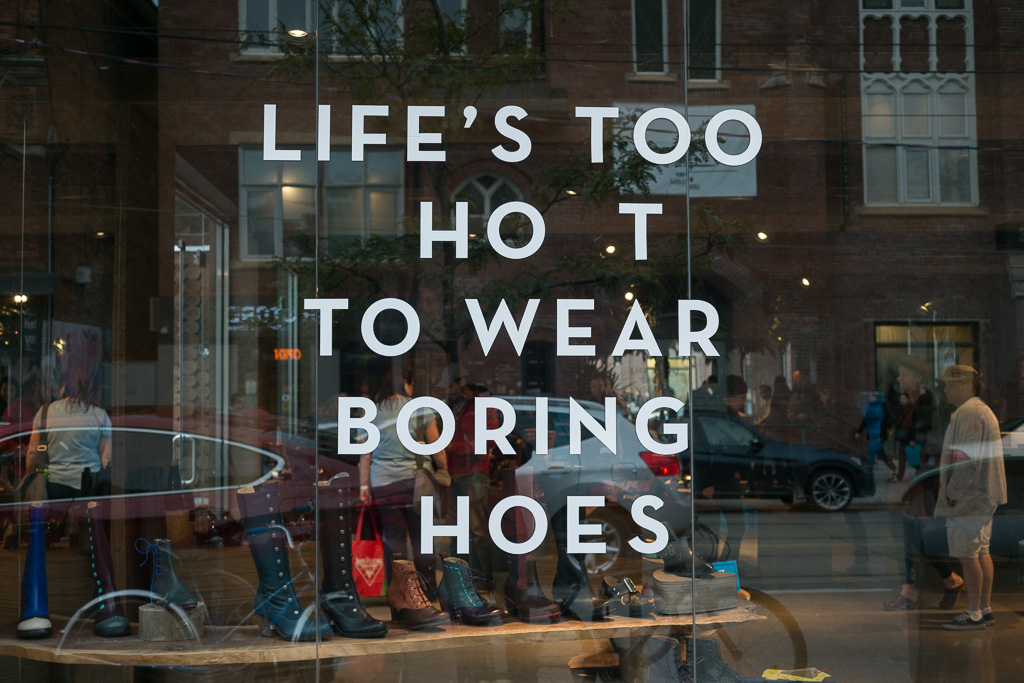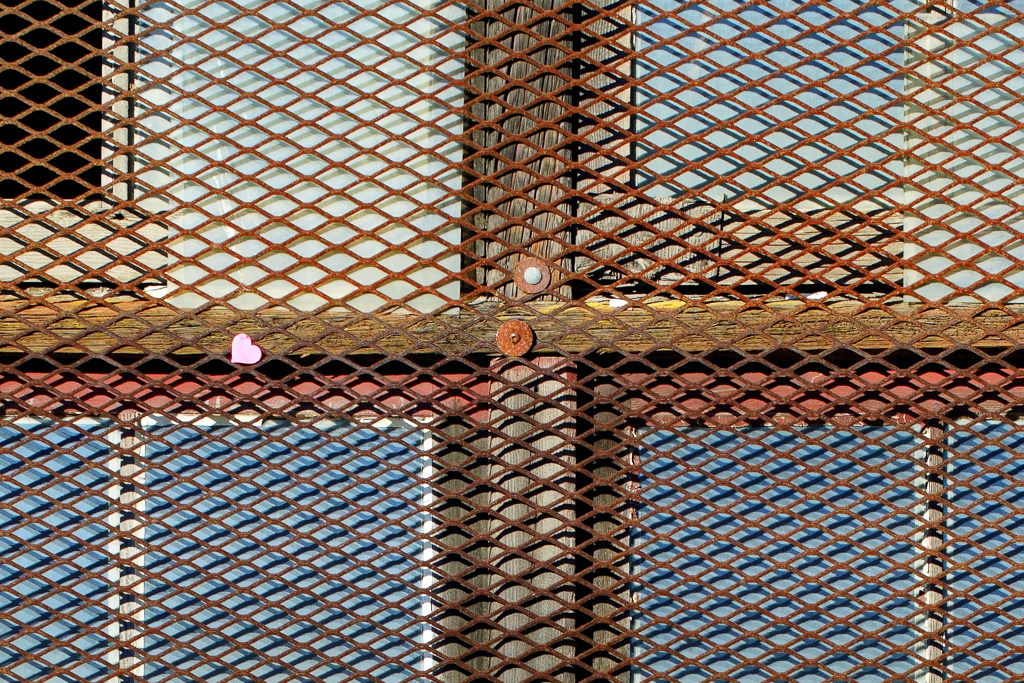Melvin phoned his mother and, as always, she asked if he needed money.
No, Ma, I don’t need money, he said.
Why not? Is something wrong?
It was hard to say who had the more annoying voice: Melvin, with his unctuous wheezing, or his mother, with her whining rasp. Between the two of them, they could have vocalized all the sound effects for a film shoot in a car parts manufacturing sweatshop.
Afterwards, when Delores had time to reflect on the conversation, she told Melvin’s father that it was the most bizarre conversation in a lifetime of bizarre conversations with the boy. He told me he loved me, Bert. Can you believe it?
Bert shook his head and agreed that it was a strange thing for the boy to say.
He said he was grateful for all we’ve done for him through years. For being his parents. For giving him life. I mean, what kind of crap is that?
Bert shook his head and wondered if Melvin was using again.
Delores didn’t think so. The boy’s voice sounded clear and he strung his words together in an orderly way, not like when he was at his worst.
And he didn’t want money?
No. All he said was how he didn’t need anything from us anymore on account of him winning the lottery.
Well that’s a load of bull. You sure he isn’t using?
Delores gave a helpless shrug and fell to silence. With great effort, Bert hoisted himself out of his easy chair and announced that he’d visit the boy, check to make sure everything was copacetic, take a look around the apartment for the familiar paraphernalia. Delores didn’t join her husband on these visits. Not anymore. The “G” diseases kept her confined to their home: gout and goitre. Gout affected her mobility, and goitre affected her sense of self-esteem. There was also the “B” word. Not a disease so much as a physical state. Breasts. Between the goitre and the breasts, Delores was so top heavy that the consequences of a fall could be devastating. As a precaution, she passed most of her waking time on the living room couch and relied on Bert to run errands. Of course, the trip to Melvin’s apartment wasn’t an errand so much as a duty.
Bert frumped his way across town and burst in on his son doing not much of anything at all. The boy lay on a student’s equivalent of an easy chair, a canvas cloth slung between the slats of a wooden frame, and he was watching YouTube videos on the laptop that rested on his bare stomach. Bert found no paraphernalia. All he found was a lottery ticket stuck to the fridge door with a Bart Simpson magnet. Beside it was the latest list of winning numbers torn from somebody else’s newspaper, a strange anachronism in an otherwise digital life. Bert checked the ticket’s number against the numbers on the strip of newspaper and saw that Melvin hadn’t won anything.
How come you told your mom you won?
I tell my mom lots of things.
But winning the lottery?
Melvin paused a video of skateboarders destroying their genitals on railings.
I dunno, he said. I guess I wanted to know what it’d feel like. You know. To win something. To be more than just a fucking loser.
Bert didn’t know what to say. He never liked speaking with his son. The boy had a voice almost as annoying as his mother’s. Bert shrugged and took his leave and backed out the door. Dolores would need help getting supper ready.



